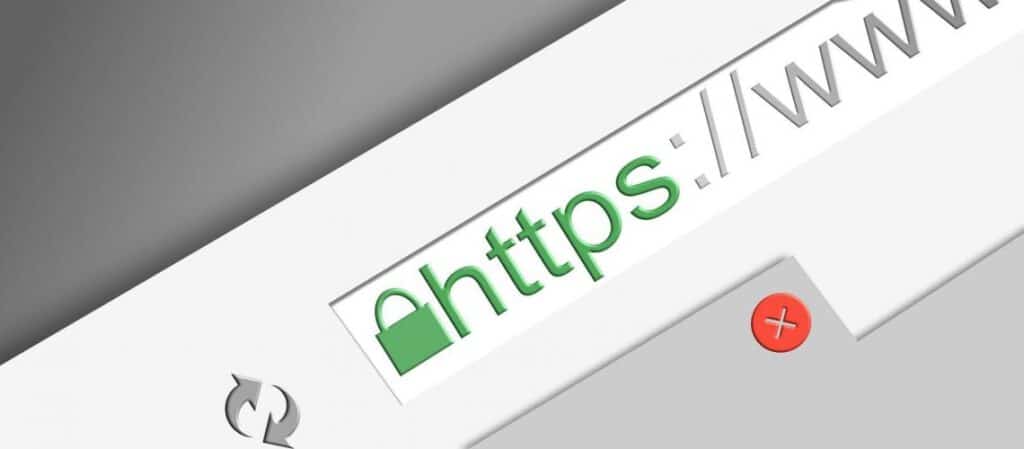Depending on the content management system that you are using for your website, your URL structure may already be formatted in a way that is optimal for search engine optimization. If not, here are some of the top things you need to know if you want your site to perform well in search engines.
WWW or No WWW?
There is a difference. If you are building a brand new website, it is important that you choose one and stick to it. If you are working on an existing site, it is important that you continue to build on what you’ve already started. This profile will already have more links built back to it and will have better authority in search engine’s eyes.
Using Relative or Absolute URLs?
There are many benefits to using relative URLs—it often makes it harder to scrape content (this makes it harder for people to steal your content) and it allows websites to load faster; however, search engines prefer to crawl absolute URLs. For search engine optimization purposes, use absolute URLs when you can, especially in regards to internal linking.
Recognizing Ugly URLs
You’ve seen them–ugly URLs aren’t only offensive to human eyes, but they are offensive to search engine crawlers. Often times ugly URLs are filled with categories, dates, numbers and letters. Instead, use pretty URLs.
Some ugly URLs these have their place, so they shouldn’t all be immediately dismissed. If you run an ecommerce site, you may rely heavily on categories for keeping your products together on the site. If you are a news outlet, dates are important to help readers easily identify if an article is recent. For your standard business, however, you should have a simple URL structures with only the title of the page or article as the URL.
Keyword Phrases in the URL
As we’ve mentioned before, using carefully selected keywords in the titles of your pages and articles is a great way to optimize your pages. In doing so—depending on your content management system—you can set up your URL structure so that your URLs will match your title (this is usually under your permalink settings).
By putting key phrases in your titles, it will be in your URL, too.
Pro tip: if you develop a system to take stop words out of your URLs, this may affect your chances for ranking for long tail keyword phrases. Make sure you are paying close attention to each URL before you publish and share your new content.
Once you share your new content through social media, PPC campaigns, email newsletters, and they are crawled by search engines, changing the URL to something different will cause 404s and when users try to find your content they will be unable to.
Canonical URLs
If you aren’t starting a site from scratch and you have a behemoth website with hundreds or thousands of pages, you should make sure that you have canonical tags established site-wide so that your ugly URLs will correctly combine pages so that they rank more efficiently.
If you use these SEO-friendly URL tips, you will have the edge you need to push your competitors out of the way.






